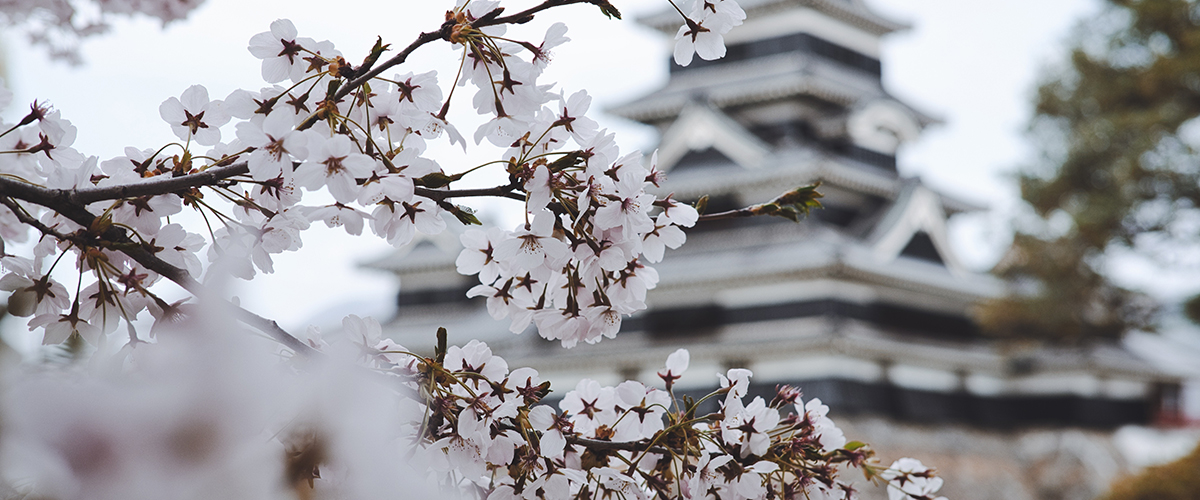Haiku Poems

Page Menu: Click the links in the table below to go to each poem.
Prologue
In the mid nineteen eighties on a steamy humid Hong Kong evening, I walked the streets of Wanchai where the streets are brocaded with neon signs, reaching out to the streets like luminous fingers. My Chinese friend guided me as we walked up several flights of a dark elevator-less apartment building. My friend’s friend was a traditional Chinese artist living in a tiny apartment in which every inch of floor and table space was generously overwhelmed and populated with canvases and paper and paints and brushes.
The artist painted with a variety of brushes with an extraordinary breadth and range of sizes. He painted on large sheets of hard white paper, using solely black paint. The artist was intense and not speaking a common language, the artist and I smiled and spoke with the animated use of our hands and arms, as my friend facilitated and translated our conversation to and from Cantonese and English. Lying about the claustrophobic room and in every available flat surface, and hanging from walls were literally hundreds upon hundreds of sheets of paper with the economical use of brush strokes depicting animals, people, landscapes, and seascapes and the people and places of the world.
The artist encouraged us to play a game in which my friend and I would randomly and verbally depict a scene with a staccato list of concepts and things ---sunset, trees, beach, a standing man, a boat, a wharf, a woman in repose-- whatever. With precise deftness he would dip various brushes in his single bottle of ebony paint and with astounding immediacy the picture would appear in a matter of seconds. So much white paper! So little brushed paint! So few seconds to accomplish the task! So much depicted! And there before us in real time, out words were transformed into a painting with unfettered speed and economy of brush strokes. He captured reality with great economy and profound insight into the essence of the reality. So few lines! So much white paper! Yet our imaginations saw the shape and harmony and texture of the unpainted white. He used the unpainted white of the paper as a musician uses the silence between the notes of music.
The seventeen syllables of a haiku are revealed in three lines of five, seven and five syllables. The economy of words and the immensity of what is revealed are comparable to the black ink paintings of the Hong Kong painter in the tiny room. What is not said in the haiku is the white paper of the painting. There must be some balance that goes beyond science or rigorous revelation. What is said, so simply and abstractly, makes the haiku come alive and stir the emotions. What is not said, but suggested actually completes the poem, and in fact involves reader to participate in the poem. A haiku has no meaning until it is read. The reader becomes a participant in the poem.
The Japanese have been writing haiku for hundreds of years. Great haiku and their writers are admired and discussed and contemplated. Ancient and revered haiku are as admired and loved with as much reverence as when first stroked on ancient paper centuries ago. It is rather out of fashion to still use the 5-7-5 syllable structure and often modern tastes do not adhere to that discipline, but it is still a challenge to be caught up in the old tradition. Any attempt at the 5-7-5 ancient format should still be respected and its merit assessed on the “black ink of it” and the “white paper of it.”
Haiku 1 Anger Filled Your Face
Anger filled your face
The tender touch of your hand
Pulsed with forgiveness
Haiku 2 You Choreograph
You choreograph
Your smile a thousand ways
Is that your mystery?
Haiku 3 He Said He Loved Her
He said he loved her
She blushed and tears filled her eyes
His lips kissed her tears
Haiku 4 Until You Return
Until you return
The silence where you once were
Speaks softly to me
Haiku 5 Splashes of Color
Splashes of color
Sun washed fields---dazzling sun
van Gogh is alive
Haiku 6 The Cat’s Yellow Eyes
The cat’s yellow eyes
Burn in the silent darkness
Peak into my soul
Haiku 7 Geckos Stare Stiffly
Geckos stare stiffly
A silent snapshot in time
Bathed in morning dew
Haiku 8 Swallow My Anger
Swallow my anger
Undigested in my brain
Now I am consumed
Haiku 9 Over My Shoulder
Over my shoulder
The sun falls into the sea
Beach and I alone
Haiku 10 Tongue Searching Your Mouth
Tongue: searching your mouth
Eyes: exploring thighs and breasts
You: mysterious
Haiku 11 In Your Eyes New Thoughts
In your eyes new thoughts
I search to read them-- no clue
Impenetrable
Haiku 12 The Cusp of Summer
The cusp of summer
Spring flowers and silent hills
Do not journey far
Haiku 13 Angled Sunset Rays
Angled sunset rays
Splash color on your face
Dawn lives in your eyes
Haiku 14 Candle Aroma
Candle aroma
Memories flood my mind
A prayer unanswered
Haiku 15 A Shovel Resting
A shovel resting
Standing tall and silently
Its day’s work is done
Haiku 16 Some Have Touched Our Lives
Some have touched our lives
Briefly impetuously
And eternally
Haiku 17 Shoemakers, Masons
Shoemakers, masons
With joy cobbling and cutting
Shoes and cathedrals
Haiku 18 Masons Patiently
Masons patiently
Laying brick upon a brick
Building cathedrals
Haiku 19 Golden Globed Grapes
Golden globed grapes
September morn dew and sun
Patient kegs await
Haiku 20 Father’s Silent Voice
Father’s silent voice
Now speaks and pounds in my heart
He speaks forever
Haiku 21 Frog Sings at Sunrise
Frog sings at sunrise
A solo sunlit aria
Birth to a new day